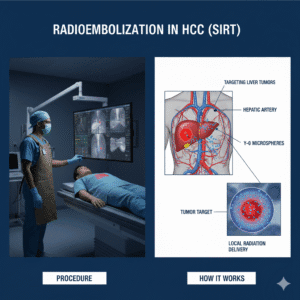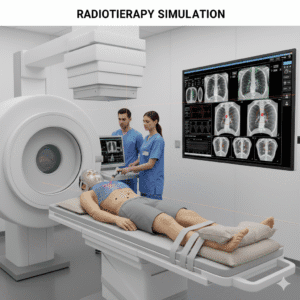
Rectal Gas & Radiotherapy
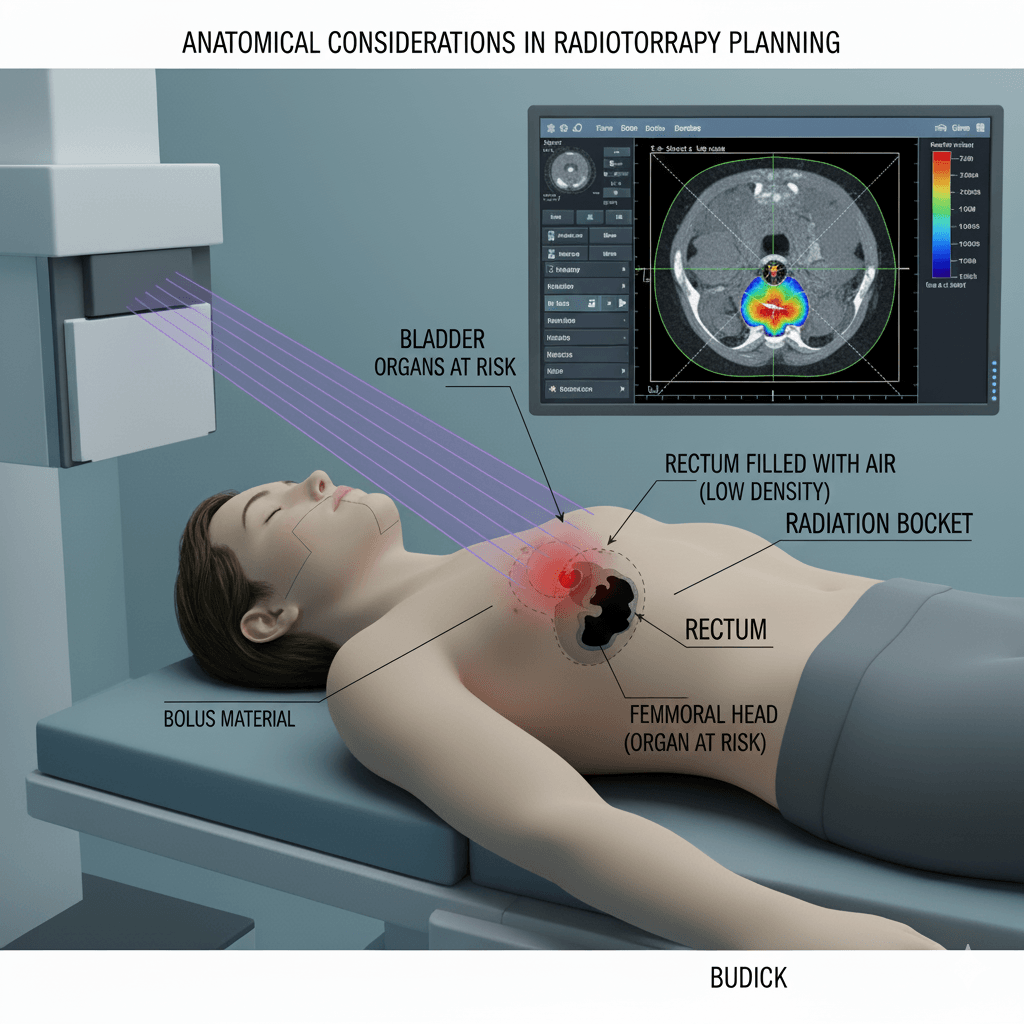
As a Clinical (Radiation) Oncologist, I often encounter patients facing various challenges during their treatment. One such issue that may not seem significant at first glance is intestinal gas. However, managing gas can be crucial for optimizing radiotherapy outcomes and ensuring patient comfort. In this blog, we’ll explore how intestinal gas can affect radiotherapy, why it’s important to control it, and effective management strategies.
How Intestinal Gas Affects Radiotherapy
Radiotherapy is a precise treatment that targets cancer cells, often requiring patients to lie still for extended periods. Intestinal gas can pose several challenges during this process:
- Displacement of Organs: Gas buildup can cause the intestines to expand, leading to displacement of nearby organs, including the bladder and rectum. This can affect the positioning of the treatment area, potentially reducing the effectiveness of radiation delivery.
- Treatment Precision: Radiotherapy relies on accurate targeting to minimize damage to surrounding healthy tissue. Excess gas can create a variable treatment area, making it more difficult for radiation oncologists to deliver precise doses to tumors.
- Patient Comfort: Discomfort from gas can lead to anxiety and restlessness, which may result in movement during treatment sessions. Ensuring that patients remain still is critical for achieving optimal treatment outcomes.
- Nausea and Discomfort: Patients experiencing gas may also suffer from bloating and abdominal pain, further complicating their ability to undergo treatment comfortably.
Why Controlling Intestinal Gas Is Important
Controlling intestinal gas is vital for several reasons:
- Improved Treatment Accuracy: By minimizing gas-related displacement of organs, we can enhance the precision of radiotherapy, ensuring that cancer cells receive the full therapeutic dose while protecting healthy tissue.
- Enhanced Patient Experience: Reducing discomfort from gas can help patients feel more at ease during treatment, which is essential for maintaining their overall well-being and cooperation.
- Increased Compliance: Patients who manage their symptoms effectively are more likely to attend treatment sessions regularly and adhere to their overall treatment plan.
Strategies for Managing Intestinal Gas
There are various strategies that patients can employ to manage intestinal gas effectively. Here are some practical approaches:
1. Dietary Modifications
- Identify Trigger Foods: Keeping a food diary can help identify specific foods that lead to gas production. Common culprits include beans, cruciferous vegetables (like broccoli and cauliflower), dairy products (for those who are lactose intolerant), and carbonated drinks.
- Consider Smaller Portions: Eating smaller, more frequent meals can aid digestion and reduce gas buildup.
- Stay Hydrated: Drinking plenty of water can help facilitate digestion and minimize constipation, which can exacerbate gas issues.
2. Lifestyle Changes
- Eat Slowly: Encourage patients to take their time while eating to minimize swallowed air, which can contribute to gas.
- Regular Exercise: Gentle physical activity, such as walking, can promote digestion and help move gas through the intestines.
3. Over-the-Counter Remedies
- Simethicone Products: Over-the-counter medications like Gas-X or Mylanta Gas can help break up gas bubbles, making it easier for gas to pass.
- Probiotics: These can help balance gut bacteria and improve digestion, potentially reducing gas production.
4. Mindful Techniques
- Stress Management: Techniques such as deep breathing, meditation, and yoga can reduce anxiety and promote relaxation, which may help alleviate gas symptoms.
- Yoga: Certain positions, like lying on one side or using knee-to-chest poses, can help relieve discomfort from gas.
Conclusion
For patients undergoing radiotherapy, managing intestinal gas is not just about comfort—it’s a crucial component of effective treatment. By taking proactive steps to control gas, patients can enhance their treatment experience, ensure accurate radiation delivery, and ultimately support their overall health during this challenging time. As healthcare providers, we must educate and guide patients in implementing these strategies, empowering them to take control of their health as they navigate their cancer journey.
Related Post


CyberKnife
August 6, 2024

Immunotherapy
August 7, 2024
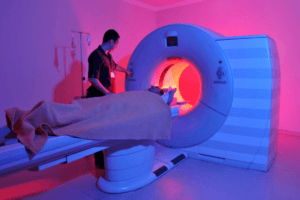
MRI Linac
August 7, 2024

Gamma Knife
August 7, 2024
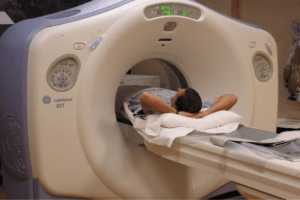
Cancer Screening
August 22, 2024
Gallery
Click below to book a clinic appointment
Ask More Questions Send Query On Email





